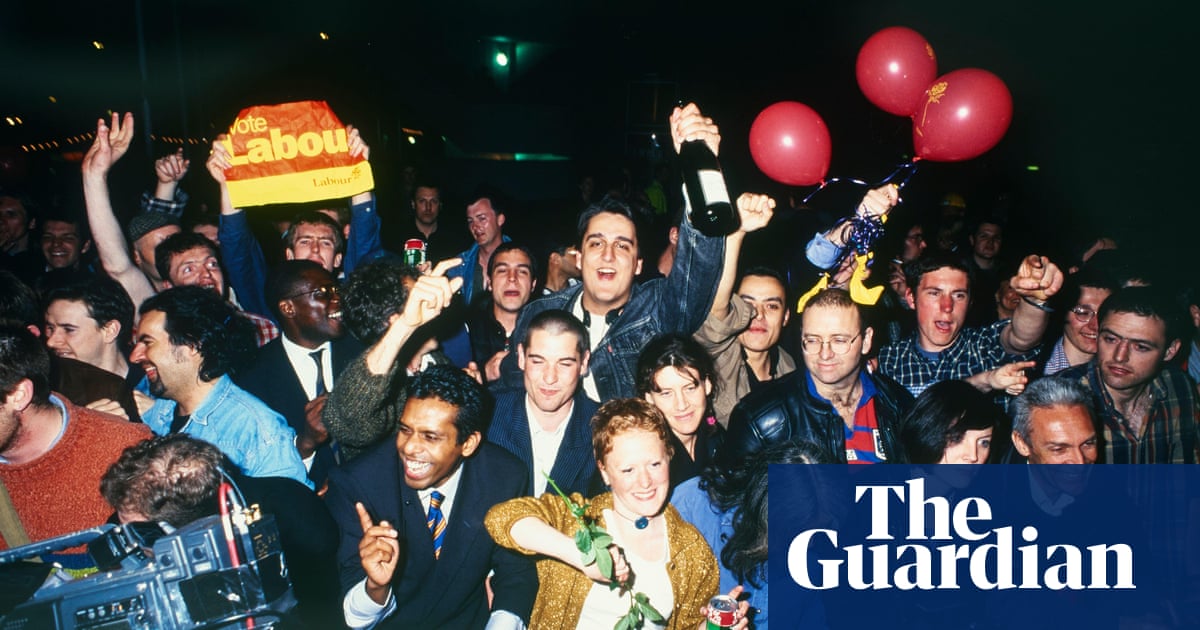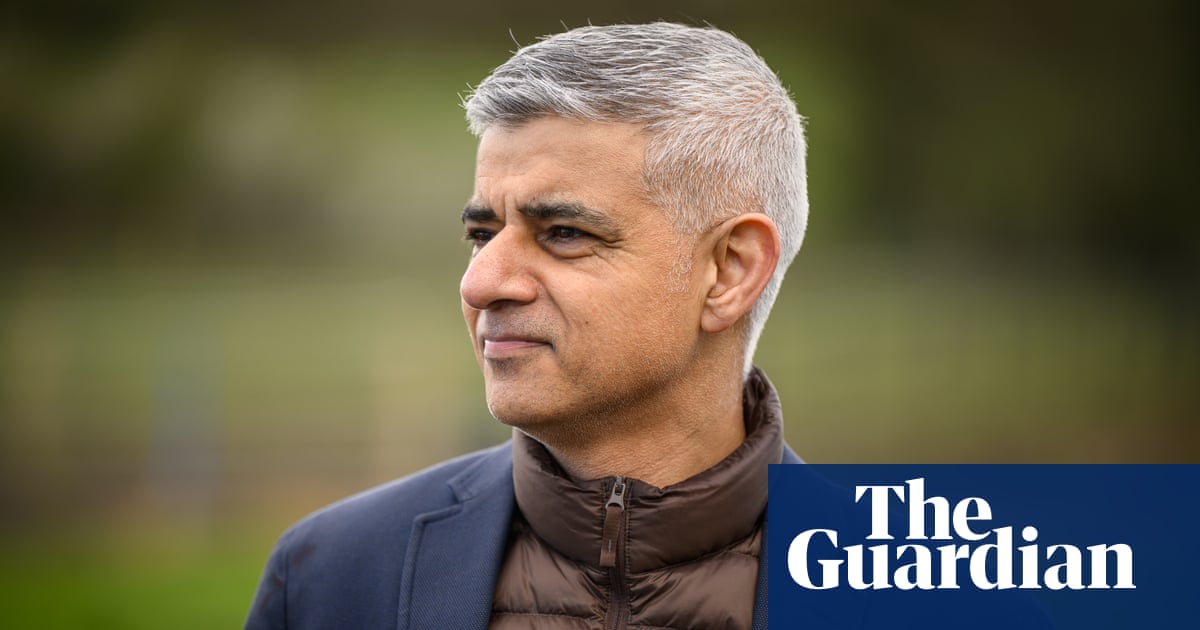Labour landslide will be much harder to achieve than in 1997, analysis shows | General elections


British voters will go into the election this year poorer, more pessimistic and less approving of politicians than they did in 1997, according to data showing how difficult it will be for Keir Starmer to replicate Tony Blair’s landslide victory.
An analysis of economic and polling data by the political consultancy Public First shows the country has lower wage growth, higher levels of debt and less affordable housing than it did when Labour last ousted the Conservatives from power. All five of Labour’s most senior shadow ministers are less popular than their 1997 counterparts, as are most of the top ministers in cabinet.
The figures highlight how different the economic and social backdrop to the 1997 election was to the one against which this year’s election will be fought. They also add to the concerns among some in Labour that repeating Blair’s template for victory that year will not be enough to yield the same result.
Tom Hamilton, a director at Public First, said: “This data shows how Britain has changed since 1997, and that if Labour wins a 2024 election there will be no golden economic legacy for Keir Starmer to inherit.
“With lower growth, higher inflation and worse public finances than in 1997, and with the public expecting the economy to get worse not better, governing after the next election will be a challenge.”
He added: “And with less public confidence now in all politicians, and less optimism that Labour is ready to form the next government, winning a landslide on a wave of popular goodwill looks like a tall order.”
The data shows that on almost every economic metric the country is doing worse now than it was in 1997.
The economy grew 4.9% in 1997, following nearly five years where it did not shrink in a single quarter. This year, the Office for Budget Responsibility forecasts it will grow just 0.6%.
Wage growth had been strong for years before the 1997 election and was 2.6% in the election year. This year, the OBR thinks it will be just 0.1%.
This had a knock-on effect on the government’s finances. In 1997, public sector net debt was 37.5% of gross domestic product. It is now over 90%.
Perhaps as a consequence, polling shows the public mood is darker and less trusting of politicians on both sides.
Polls show there are 60% more people today who strongly agree that there is “one law for the rich and one for the poor” than there were in 1997, while the number of people who think parties that seek to overthrow democracy should be allowed to stand for election has grown by 35%.
At about 19 points, Labour’s lead is now nine points narrower than it was nine months before the 1997 election, and its leaders are less popular too.
Blair was about 60% more popular in 1997 than Starmer is now, the data shows. Meanwhile Starmer’s deputy, Angela Rayner, his shadow chancellor, Rachel Reeves, the shadow foreign secretary, David Lammy, and the shadow home secretary, Yvette Cooper, are all less popular than their counterparts were at that time.
The Conservatives also generally lag behind their Tory counterparts from 1997, even though the party lost by a landslide in that election. John Major was about 60% more popular than the prime minister, Rishi Sunak, is now, while only one senior cabinet minister outperforms his or her 1997 counterpart – David Cameron, who is more popular than his predecessor Malcolm Rifkind.
The findings will bolster the arguments of those who believe Starmer is wrong to follow Blair’s blueprint for victory from 1997.
The Labour leader has been taking advice from his predecessor ahead of the election, as he seeks to beat the 10.2% swing Blair achieved in 1997.
Just as his predecessor did that year, Starmer is now trying to “bombproof” the party’s manifesto by removing commitments that he may struggle to defend during a campaign. The Labour leader is also desperate to avoid anything that could cause voters to believe Labour would put up their taxes, just as Blair was before coming to power.
“Blair wanted to avoid putting any distance between himself and the Tories on the economy, which was a fine strategy when the economy was doing well and we were generally popular,” said one Labour MP. “But the backdrop is very different this time.”
On Tuesday 16 April, 8pm–9.15pm BST, join Gaby Hinsliff, Tom Baldwin, Polly Toynbee and Kiran Stacey as they discuss the ideas and the events that might shape Labour in power.
Book tickets here or at theguardian.live
Source link




